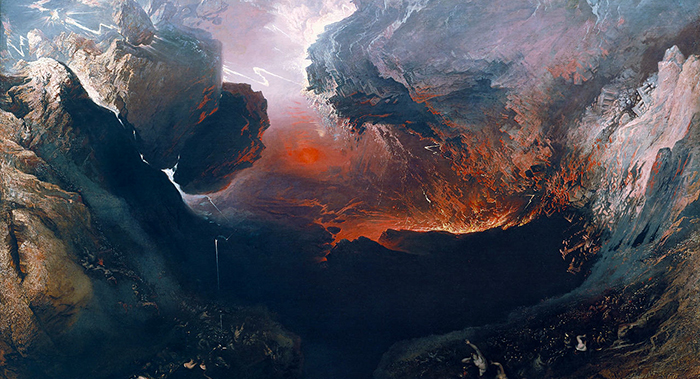The Anthropocene

Summary
The Anthropocene concept was coined in 2000. It is the proposed name of the current geological epoch, which will be distinguishable in the future rock record due to the presence of anthropogenic strata. Although it invokes a new understanding of contemporary history, the Anthropocene is made out of much older conceptual materials, remobilising terms and ideas from the Enlightenment and Romanticism.
Verbally considered, the Anthropocene combines anthropos with -cene. The first element imports into the new term reference to humanity understood as an object of scientific knowledge: the second, reference to geological conventions for naming time. And both references – both meanings – were first established between 1780 and 1830, when anthropology was reformulated into a modern discipline of colonial Enlightenment, and when geology was established as a modern science, demarcating the deep time of the planet’s formation from the revealed temporalities of Scripture. The Anthropocene concept remains structured by the organisation of knowledge it inherits from this moment, even as it reconfigures that inheritance in new ways.
When it was first introduced, the Anthropocene was said to have begun in 1784. As a unit of geological time, the Anthropocene is unique because it is taking place in modern history as a result of modern history. Dating it to 1784 links the geological present with histories of European industrialisation and the emergence of modern capitalism; with conjoined histories of fossil-fuelled technology and imperial globalisation; and with histories of climate change and environmental degradation at the planetary scale. These histories remain central to debates about the Anthropocene, despite consensus now settling on a later date as its starting point, the Great Acceleration of the second half of the 20th century. The Anthropocene may not have begun in the late 18th century. But it still reframes how we evaluate the world-shaping transformations of societies and environments of that period, because it is an outcome of those transformations.